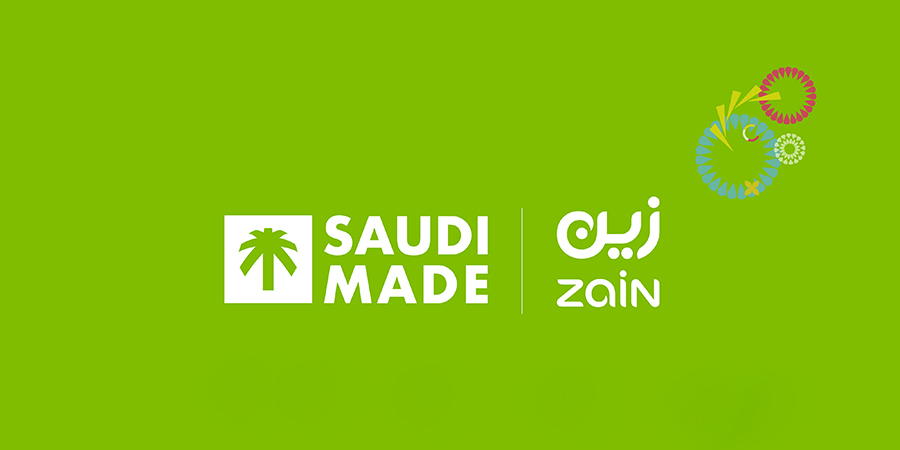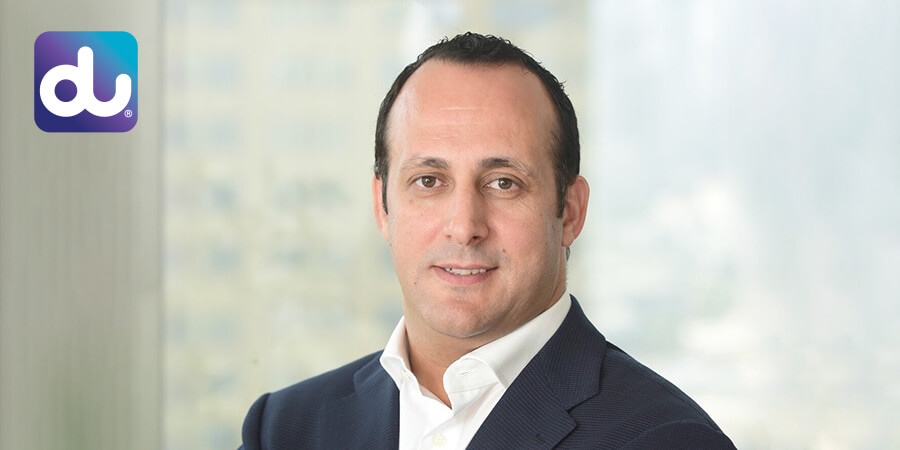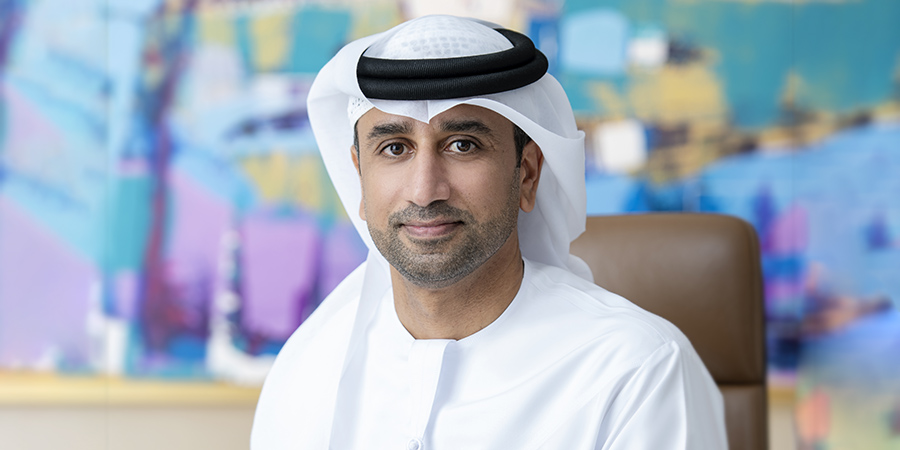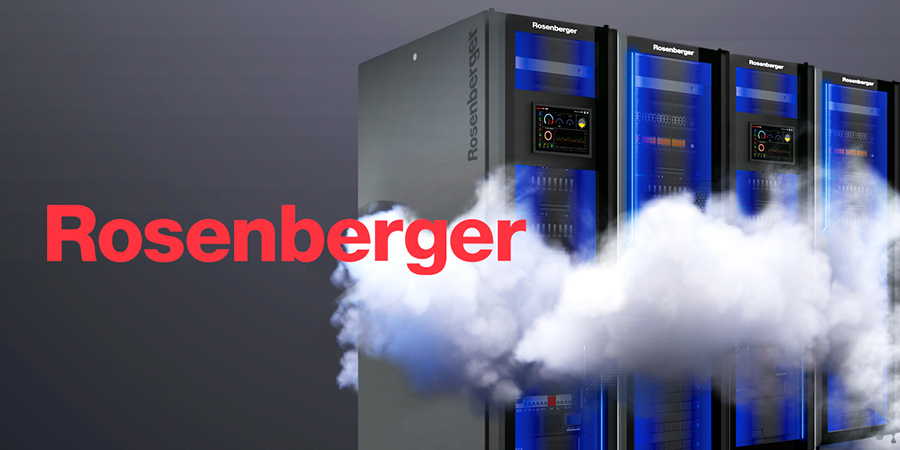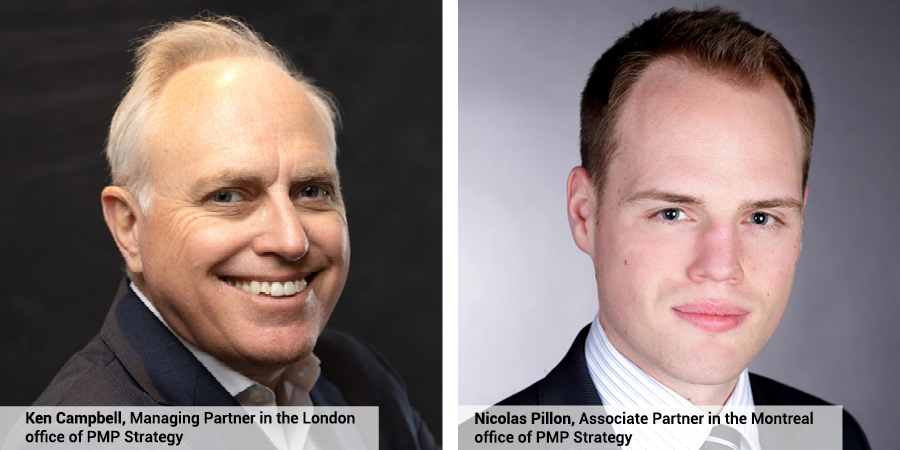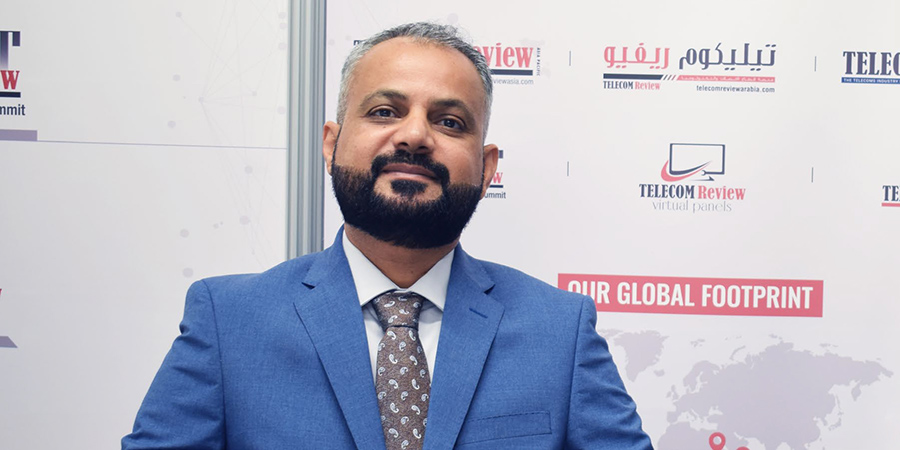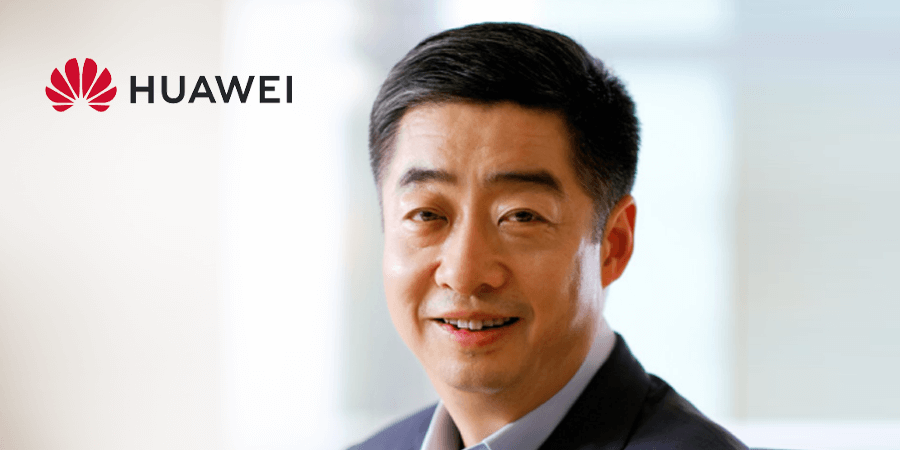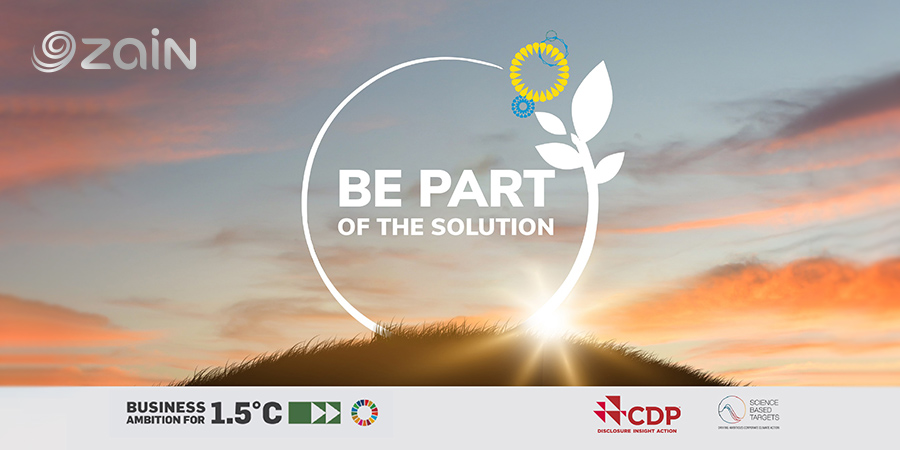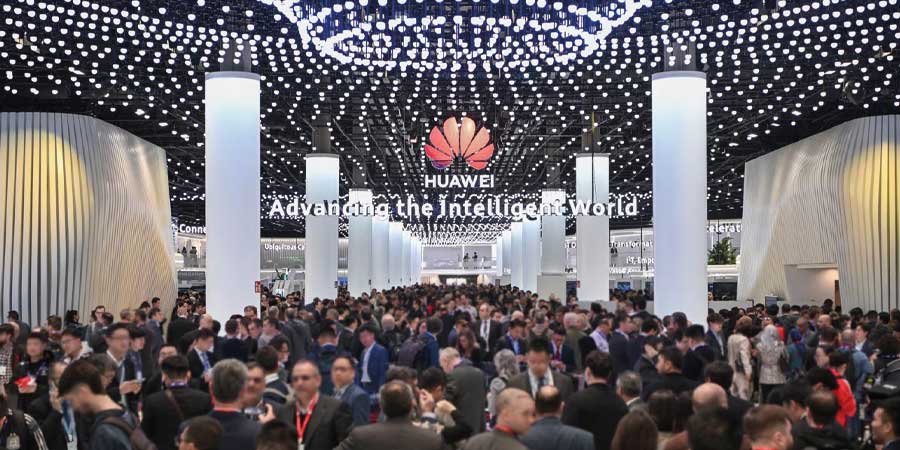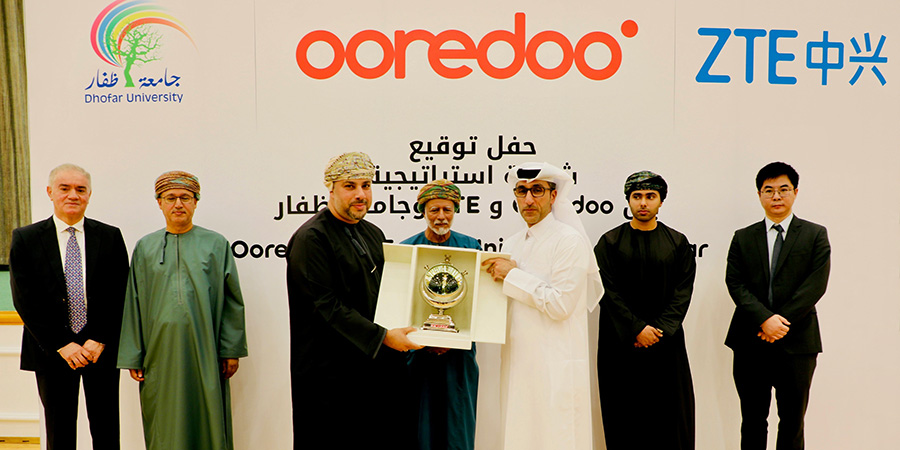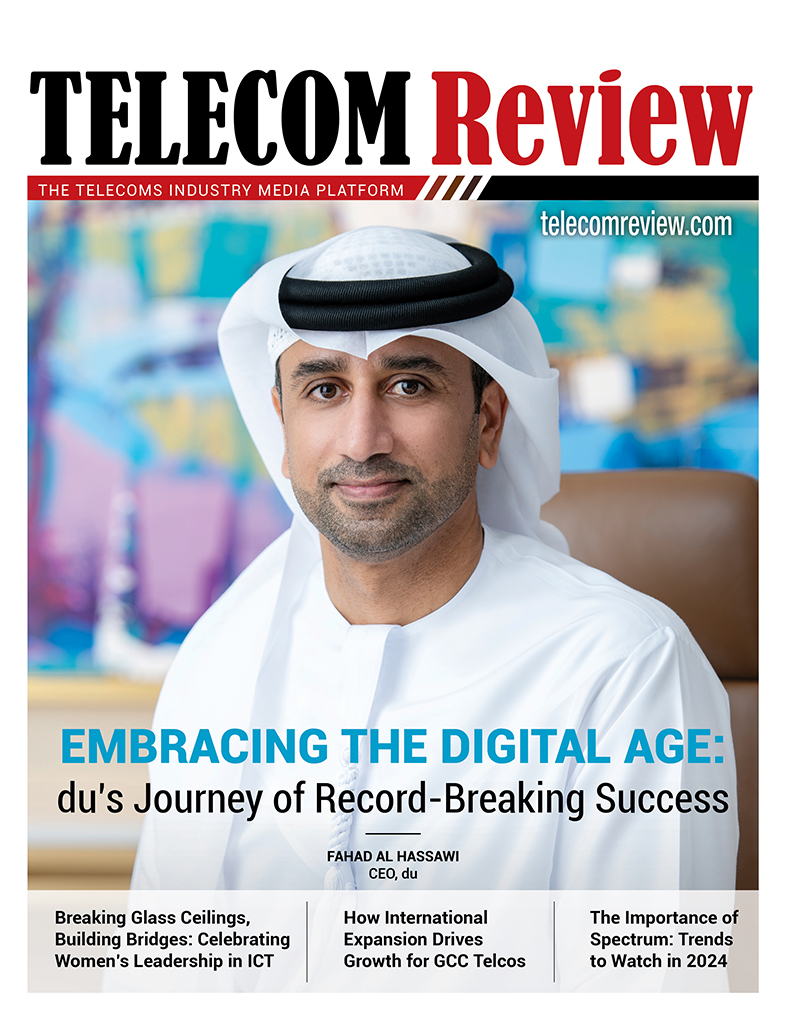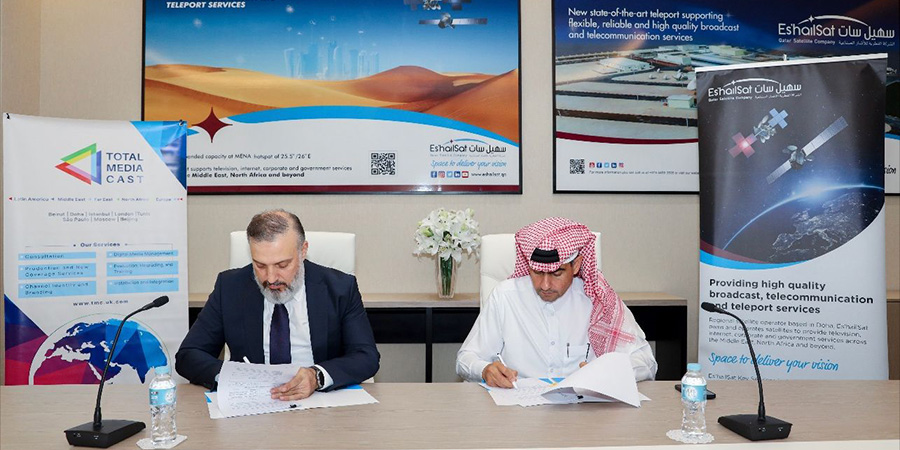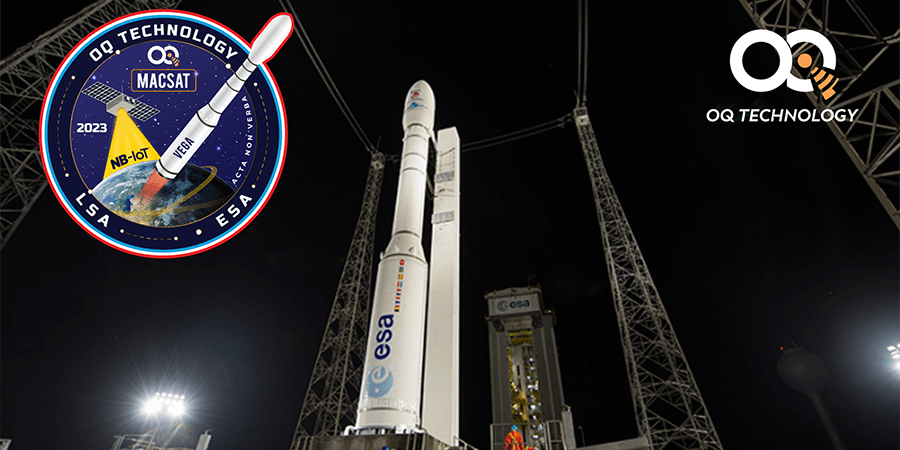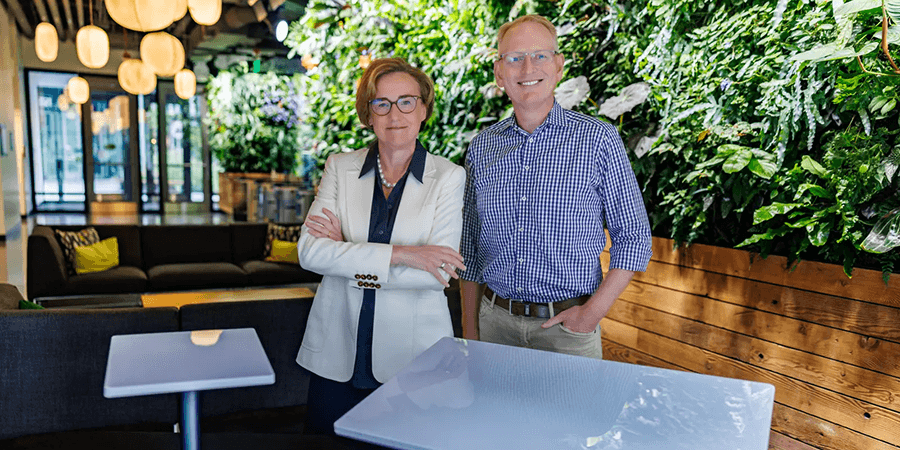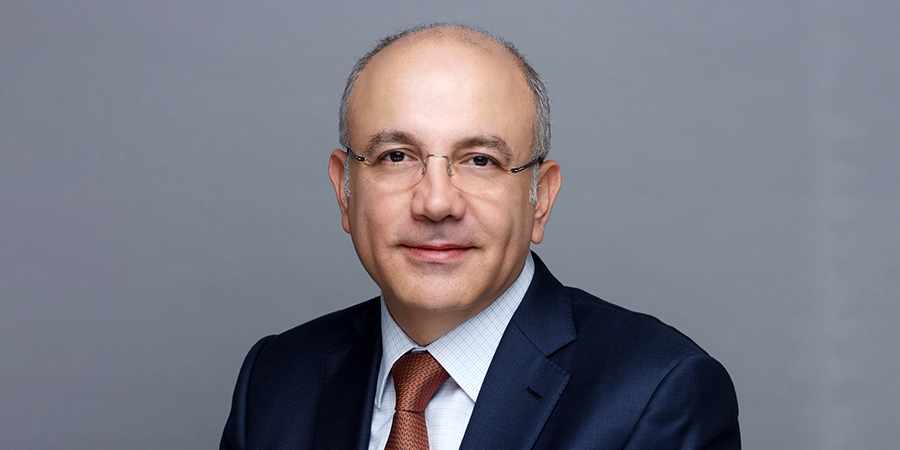Small and medium businesses (SMBs) contribute to more than 60 percent of the GDP in the UAE; therefore, what's good for SMBs is good for the UAE, said John Lincoln, SVP of SMB at Etisalat. Lincoln shared with Telecom Review the company's vision for the SMB sector in the UAE, with an end goal to "move everything to the cloud on a reliable, highly secure network."
The SMB sector hires more than 90 percent of people working in the UAE, making it a critical aspect of the economy, says Lincoln. The region is looking to the UAE as a hub for SMBs to set up. Some famous examples, he says, include Dubai-based vehicle-booking service Careem, which operates in 53 cities, and also Dubai-based mail delivery and logistics firm Aramex - highly successful digital-savvy companies that emerged from the Emirates.
Etisalat claims to be the preferred partner for small and medium businesses across the UAE for all telecom and ICT needs. The company bases its definition of SMBs on a companies' potential to expand because "every SMB aspires to grow." As a rule of thumb, any company that has less than a hundred employees would typically be defined as an SMB, says Lincoln. Etisalat also defines SMBs based on how much they spend per year.
Lincoln has thirty years' global experience working in the telecommunications sector. An entrepreneur at heart, he combined his passion for business with his knowledge of telecoms, thus, leading Etisalat's SMB sector. Lincoln has held positions at AT&T in the US, Vodafone in the UK, Airtel in India, and even du prior to his current position. Lincoln joined Etisalat about four years ago as SVP for business marketing, mainly targeting SMBs.
"I feel blessed and privileged to lead the SMB segment for Etisalat because SMBs account for such a large amount of GDP growth and employment," Lincoln told Telecom Review. "But more importantly, we at Etisalat truly believe that what is good for SMBs is good for the UAE and what is good for the UAE is good for Etisalat. Our company tagline specifically states, 'Your business grows with us'."
The government of the UAE wants to create a hub for businesses to come into the region and sell, says Lincoln, and Etisalat is playing an important part in this. "We feel that the region is poised for tremendous growth," he says. "I am so bullish about the UAE because I believe this is a market that serves some three billion people."
Lincoln is referring to the UAE's position as a hub for not only the Middle East, but also Asia and Africa. Major companies in the US and other developed markets are facing stalled growth, so they are looking to emerging markets to sell their products. In order to serve markets such as the emerging Middle East (Egypt, Lebanon), South Asia (India, Pakistan, Bangladesh), and Africa (Nigeria, South Africa), companies are setting up base in the UAE because of its proximity, openness and developed infrastructure.
"You can imagine why the SMB sector is so critical in the UAE - it's not just for Expo 2020," says Lincoln. "The UAE government is doing wonderful things to enable the growth of the economy, such as developing facilities in hospitality and entertainment to encourage and extend the average stay of a tourist in the UAE."
Passion for small and medium business
Lincoln's passion for the SMB sector is reflected in his book, Connect the Dots, described as a playbook to help businesses connect customers and profits. "Most small business owners do not have the resources that large companies take for granted," writes Lincoln in his book. "They don't have the money to spend on expensive management consultants and training programs. They do not think of growth and sustainability, but only work on generating quick profits."
The challenge SMBs face today, Lincoln tells Telecom Review, is that a large majority of them are IT laggards, meaning they still have a long way to go in terms of adopting a digital approach. In fact, only about 15 percent of SMBs have an online presence, says Lincoln.
Nowadays, the first place customers go to is the internet to find out information such as a company's contact details, so if an SMB doesn't have an online presence, something is seriously missing. Ultimately, SMBs need to digitize in order to serve their customers better, says Lincoln, through generating efficiency, reducing costs and improving overall productivity.
Etisalat plays an important role in this. "We already manage your network from point A to point B, but we also manage your wider area network (WAN). If we can manage your switch, we can also manage your local area network (LAN). If we can manage your link and your LAN, we can also manage your security," Lincoln explains.
Most SMBs look at security as basic antivirus software, he says, but digital security goes far beyond that. Businesses face malware and threats coming from emails and websites so it's important they have intrusion prevention and detection at the entry point. Etisalat can provide managed solutions for this. On top of security, SMBs also need computing power.
"Most SMBs invest about 60 to 70 percent of ICT spending on hardware which is only about 50 percent utilized, so you can see they are just wasting money there," said Lincoln. "We can offer those companies the virtual computing capability which is both pay-as-you-go and pay-as-you-grow."
Finally, an SMB needs storage capacity and backup. Etisalat offers "the best backup end-to-end services," according to Lincoln. Etisalat "has a huge obligation to create awareness about the market and help SMBs understand why they need to digitize for their own benefit," he says.
Lincoln went on to discuss the "universal needs" that SMBs have. The first need is value for money which has two main components: the first is transparency and predictability and the second is CAPEX to OPEX because SMBs don't have the money to pay for servers, consulting services, etc. - they need to be able to pay a fixed monthly amount. The second need for SMBs is convenience, and the third need is simplicity because SMBs can't afford expensive IT administrators the way large companies can.
Etisalat's 'Business in a Box' is a prime example of its packaged offerings to meet the needs of SMBs today. The company launched 'Business in a Box' in June 2016, an integrated offering that provides SMBs with high speed internet, advanced telephony, business devices at zero upfront, office applications and end to end security. This addresses the multiple data, connectivity and IT needs of small and medium businesses in the UAE.
'Business in a Box' aims to drive the SMB segment further and to enable businesses in the UAE to experience benefits of high speed fixed broadband connectivity, business-class IP telephony, and ProCare 24x7 live integrated support system across multiple platforms and operating systems through online chat, phone or through a self-care portal.
The future for SMBs is taking their data to the cloud, says Lincoln. Instead of having multiple servers, Etisalat envisions SMBs adopting a 'pay-as-you-grow' environment which would save them from
fronting a large cost for data storage. Lincoln concluded: "The end goal is to move everything to the cloud on a reliable, highly secure network."



